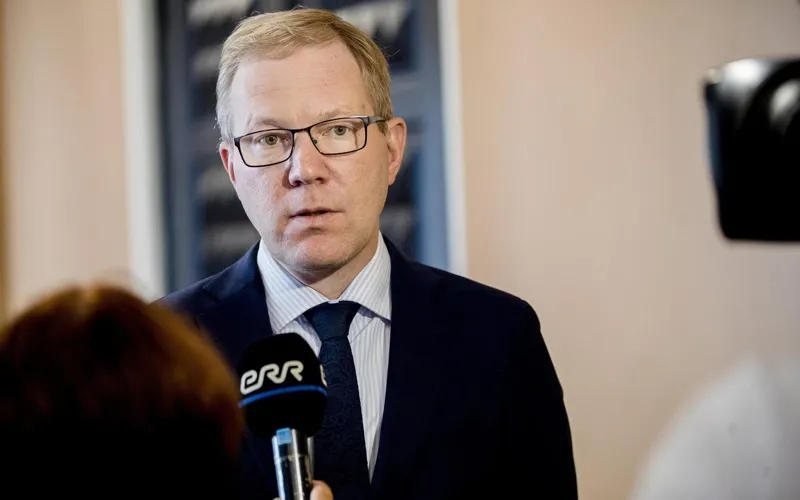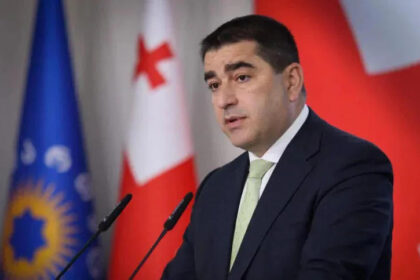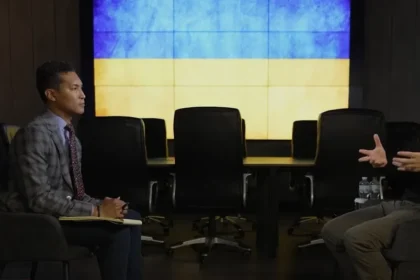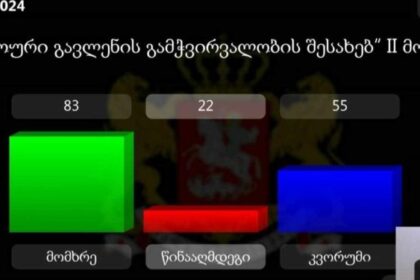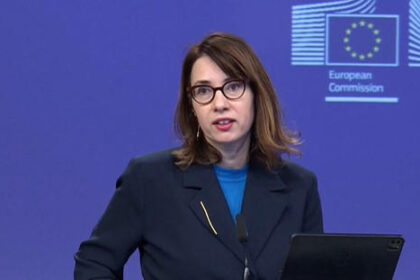**Marko Mihkelson: Conceding to Russia on NATO Expansion Would Be Catastrophic**
In an interview, Estonian MP Marko Mihkelson warned that giving in to Russia’s demands on NATO expansion could have devastating consequences for entire nations. He emphasized that the alliance’s decision not to grant Membership Action Plan (MAP) status to Georgia and Ukraine at the 2008 Bucharest Summit was a grave mistake.
**The Price of Delayed Expansion**
Mihkelson stressed that if Georgia and Ukraine had been granted MAP status, it could have prevented Russia’s subsequent actions in those countries. He argued that NATO’s failure to support these nations has led to ongoing conflicts and human suffering. The consequences of not expanding the alliance to include these countries are dire.
**A Death Sentence for Nations?**
Mihkelson’s statement suggests that conceding to Russia on NATO expansion could be a “death sentence” for entire nations. This is because it would embolden Russia to continue its aggressive behavior, potentially leading to further conflicts and destabilization in the region.
**What Could Have Been Done Differently?**
Looking back at the Bucharest Summit, Mihkelson questions what could have been done differently. He suggests that NATO should have taken a more proactive approach in supporting Georgia and Ukraine’s bid for membership. This might have sent a stronger signal to Russia about the consequences of its actions.
**The Human Cost of Delayed Expansion**
Mihkelson’s comments highlight the human cost of delayed NATO expansion. The ongoing conflicts in Georgia and Ukraine have resulted in loss of life, displacement of people, and destruction of infrastructure. He argues that by not supporting these nations, NATO has failed to prevent these humanitarian crises.
**A Lesson Learned?**
The Estonian MP’s statement raises questions about what can be done differently in the future. It emphasizes the need for a more robust and proactive approach from NATO in addressing security challenges in the region. The alliance must learn from its mistakes and take steps to prevent similar crises from occurring in the future.
Read More @ www.interpressnews.ge




